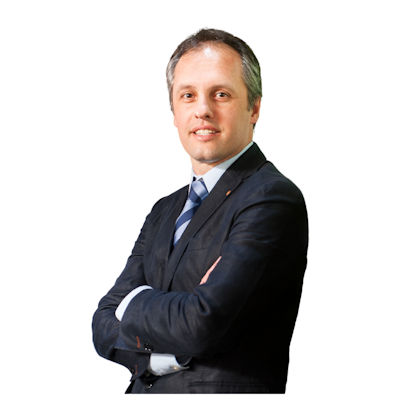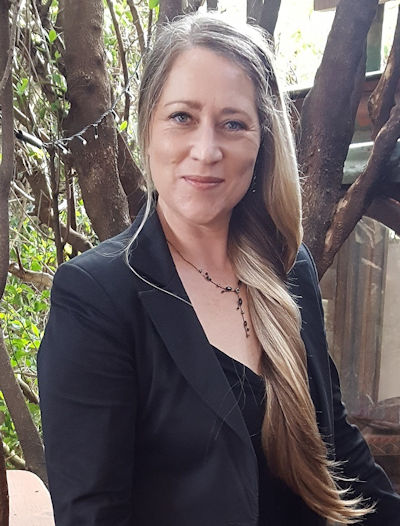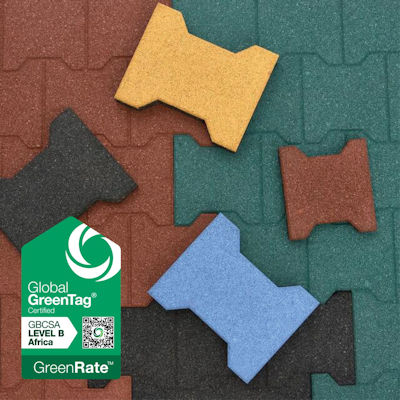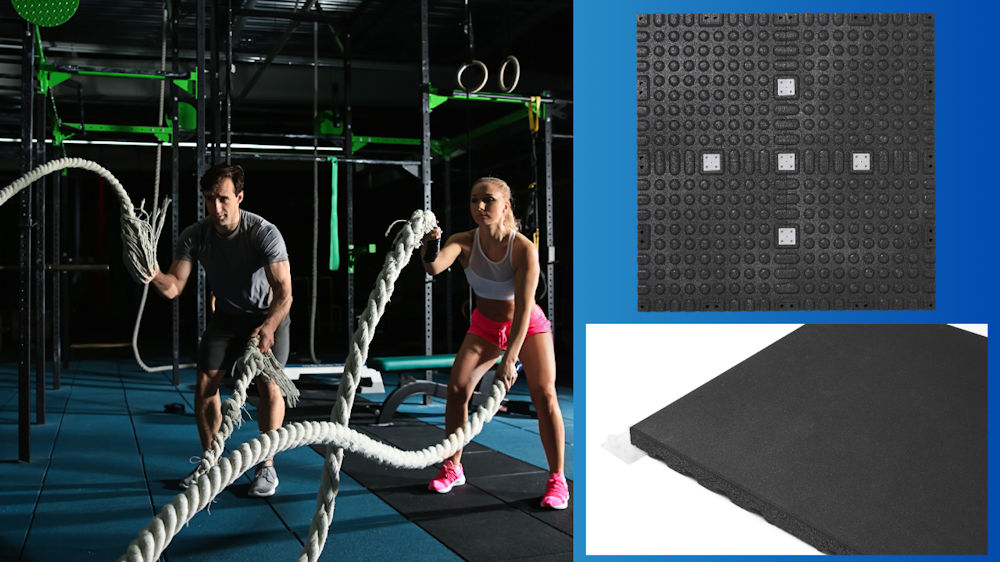Flooring products manufactured by Van Dyck, a sister company to radial truck recycler Mathe Group, have been certified by Global GreenTag

Van Dyck’s Chief Executive, Dr. Mehran Zarrebini, states that the KwaZulu-Natal company, which manufactures and distributes rubber pavers and rubber flooring for gyms, fitness zones, playgrounds, and equestrian surfaces, sees GreenTag certification as a game changer. The certification ensures that Van Dyck stays ahead of regulatory requirements, and both meets and exceeds the most stringent environmental standards.
Global GreenTag Africa Director, Lizette Swanevelder, confirms that the Van Dyck product range submitted for GreenTag assessment included: Self-Adhesive Acoustic Underlay, Plain Acoustic Underlay, Magnetic Flooring System, Acoustic Cradles, Rubber Flooring, Acoustic Wall Tiles, Acoustic Gym Tiles, Ballistic Blocks, Shockpad, Scaffolding Sole Board, and Solar Protection Pad. She said, “The Van Dyck range received a Global GreenTag GBCSA Level B Award after being assessed according to Global GreenTag’s criteria for toxicity, material extraction, social and environmental requirements, durability, end-of-life considerations, and product emissions.

The company provided evidence of materials down to 0.01% of the product, which was risk-assessed and approved by an external toxicologist. The post-consumer recycled content records were verified along with their environmental management system.”
Legal compliance, water permits, and ISO 9001 compliance were also checked by GreenTag. The environmental claims on their website were verified against ISO 14021 requirements. Van Dyck provided evidence of durability through independent laboratory testing for acoustic insulation properties and critical fall height.
The products are mostly homogenous, which makes them easier to recycle in the future. Results from VOC emissions testing were within the requirements for flooring products as stated in the Green Building Council South Africa guidelines.
Although Van Dyck achieved Global GreenTag certification in 2019 and retained it in 2021, it took until 2024 to obtain the next recertification as the application process is extremely stringent. Dr. Zarrebini pointed out that Global GreenTag certification can significantly benefit a company like Van Dyck both immediately and in the long term.
Immediate benefits include enhanced market credibility, market differentiation, regulatory compliance, improved supply chain relationships, and increased consumer trust and loyalty. “Obtaining Global GreenTag certification positions Van Dyck as a leader in sustainability, enhancing the company’s reputation among consumers, partners, and stakeholders. In this competitive market, the certification can attract eco-conscious customers and clients looking for sustainable products. Suppliers and business partners may also prefer to work with certified companies, which can lead to stronger, more reliable business relationships.

“Most importantly, modern consumers are increasingly prioritising sustainability. The Global GreenTag certification can build trust and loyalty, leading to increased sales and customer retention,” he says.
By securing and maintaining Global GreenTag certification, Van Dyck can not only enhance its immediate market position but also lay a solid foundation for sustainable growth. Over time, maintaining the Global GreenTag certification can establish Van Dyck as a leader in sustainable product manufacturing within the industry, enhancing its brand image and influence in shaping industry standards and practices.
Dr. Zarrebini also notes that the certification enhances operational efficiencies, as it often involves improving product life cycles, resource efficiency, and waste management practices. “Commitment to sustainability can drive innovation. Van Dyck may invest more in research and development of new, sustainable product materials and processes, staying ahead of market trends and technological advancements. Investors are increasingly considering environmental, social, and governance (ESG) factors. A strong sustainability profile, evidenced by Global GreenTag certification, can attract investment and potentially lower the cost of capital,” he adds.
It can also open new global markets, particularly in regions where environmental regulations are stringent, expanding business opportunities globally. Already, a large portion of Van Dyck’s output is exported to the United Kingdom and the Middle East.
Ms Swanevelder explained that Global GreenTag™ also assesses products for all aspects of impact on human health, ethical labour supply, and the environment. It simplifies the selection of environmentally sustainable, healthy, and ethical products for industries like architecture, design, and construction, helping professionals and consumers make informed decisions about preferred green and ethical products.

“Today, more than ever before, we need a deeper understanding of how building design impacts thousands of people, before its construction, during its use, and after deconstruction, to produce solutions that will solve these concerns and prevent further ecological impact on the environment. We all want to live and work in greener buildings, and we need to start by looking more closely at the environmental impact of construction products. Unfortunately, finding out which products are safer and better for the environment is a lot harder than it seems,” she says.
She emphasises that genuine products need genuine recognition. ‘Greenwashing’ has ruled in the ‘eco’ product market, with any brand able to claim to be an environmental saviour with a few ‘natural’ ingredients and some sharp marketing.
“Fake products in green packaging take sales away from genuinely deserving brands. The planet continues to be exploited in the name of inauthentic design, claiming to be ‘green’ or ‘eco-friendly’. These terms are broad and overused, but more importantly, they create confusion in the market when there is no substantiation of such claims. We created the Global GreenTag set of tools to cut through the greenwash and empower professionals and consumers to confidently choose products that have been made to help support the health of the planet, and assessed using evidence-based, robust, cutting-edge science. GreenTag takes the doubt out of buying, and because buyers know they can trust the label, genuine green products earn the greatest reward of all: trust,” she concludes.


















